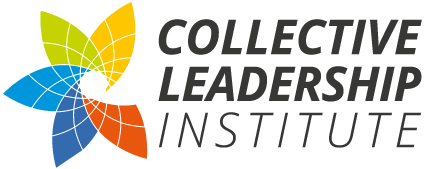Stakeholder Collaboration has been recognised as critical to finding solutions to the complex challenges of sustainable development. At CLI, we see Stakeholder Collaboration as the art of respectfully turning differences into progress. But as with all arts, there are skills you need to develop in order to succeed, to know when and how to use dialogue, and when to take action. In this course module, you will build your strategic abilities and implementation skills in stakeholder engagement, dialogue, and collaboration processes for high impact solutions.
Your key take-aways:
- Learn how to successfully implement stakeholder collaboration through the application of the Dialogic Change Model
- Understand the business case for co-creative stakeholder engagement
- Learn how collective intelligence, commitment, and ownership can emerge
- Produce a stakeholder network map to prioritise engagement activities
- Develop new engagement strategies to minimise unproductive conflict and a methodology to create sustainable partnerships
The training schedule for presence days is:
16 September: Concept and Form of Stakeholder Dialogues
17 September: Exploring and Engaging for Stakeholder Dialogues
18 September: Building and Formalizing Stakeholder Dialogues
19 September: Implementing and Evaluating Stakeholder Dialogues, Sustaining and Expanding Impact
+++ Important information +++
This training is planned as an in-person event in Samarkand, Uzbekistan. It especially made for project teams of 3+ persons, or for participating with your project partners. Individual registrations are possible. However, we recommend to participate the hybrid Art of Stakeholder Collaboration course if you intend to participate on your own.
CLI reserves the right to change an in-person participation into an online participation if you do not get your visa on time or other short-term notice reasons prevent you from coming to the course venue. Furthermore, the same applies if new pandemic situations occur that do not allow your participation on-site. Registrations remain valid in any of the cases given. We will come back to you individually in such situations and find the best possible solutions together.








